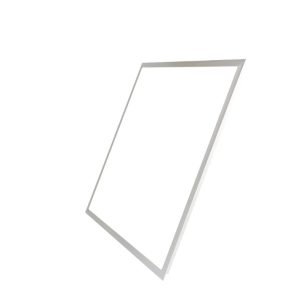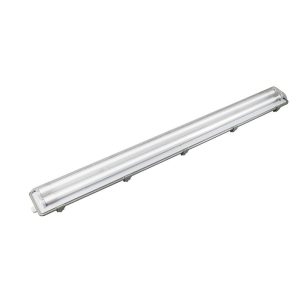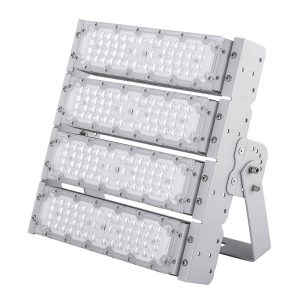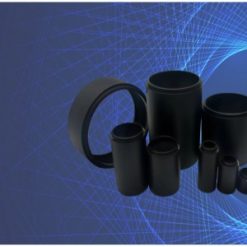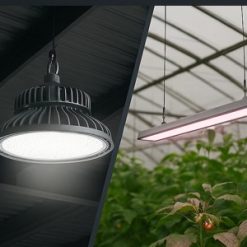Queendom is a professional LED manufacturer offering high-performance diodes, chips, and lighting fixtures. Factory-direct supply from China with global service and innovative solutions.
Queendom LED Lighting Solutions | Global Leader in LED Lamps & Factory Supply
Queendom is your trusted provider of LED and lighting solutions — helping you live a brighter, better life.
Queendom offers a comprehensive portfolio of optoelectronic components and packaging solutions, including:
High Power LEDs — for automotive headlamps, industrial lighting, and high‑intensity applications.
SMD LEDs — compact, efficient, ideal for consumer electronics and smart devices.
Through‑Hole LEDs & Lamps — reliable for indicator systems, appliances, and legacy designs.
LED Lighting Modules — integrated solutions for medical devices, beauty instruments, and architectural lighting.
Digital Displays & Indicators — used in dashboards, control panels, and public signage.
Opto‑couplers & Infrared Components — for signal isolation, remote control, and sensing systems.
Queendom delivers end‑to‑end LED lighting solutions across key application sectors:
Agricultural lighting: Spectrum‑tuned greenhouse and vertical farm solutions to improve yield and quality.
Industrial lighting: High‑bay, warehouse, logistics, and cold‑chain fixtures for harsh environments.
Medical lighting: Operating rooms, procedure suites, imaging areas, wards, and exam rooms — high CRI, low glare, and compliant illumination.
Queendom presents LED lighting solutions — proven projects that highlight innovation, reliability, and global compliance.
Queendom leds provides integrated LED solutions — from diodes and chips to complete lighting systems. we deliver high‑efficiency, long‑life, and certified reliable LEDs for biomedical, industrial, agricultural, automotive, and smart applications worldwide.
Transparent, Competitive Pricing
Keep optimized supply and production costs predictable. Cost-effective supply in the US, EU and other global sources
18 items of testing and measurement
layer by layer inspection, with quality as the core
R & D capabilities
The company employs global doctoral LED light source/lighting experts to form a professional R&D team
experiment
The laboratory covers an area of more than 1,000 square meters and is well-equipped with the necessary scientific research facilities and instruments for product research.
Testing Equipment
Including: environmental testing equipment, lightning strike testing equipment, salt spray testing equipment, high and low temperature/constant temperature and humidity testing equipment, etc.
Production Process
Scientific method, technical route, high index and long life, ASM automatic production equipment, from raw materials directly to finished products, independently develop complete sets of automatic equipment; improve production efficiency.
Get Started Today !
Set up your free account today or contact a Queendom sales consultant to learn more.








